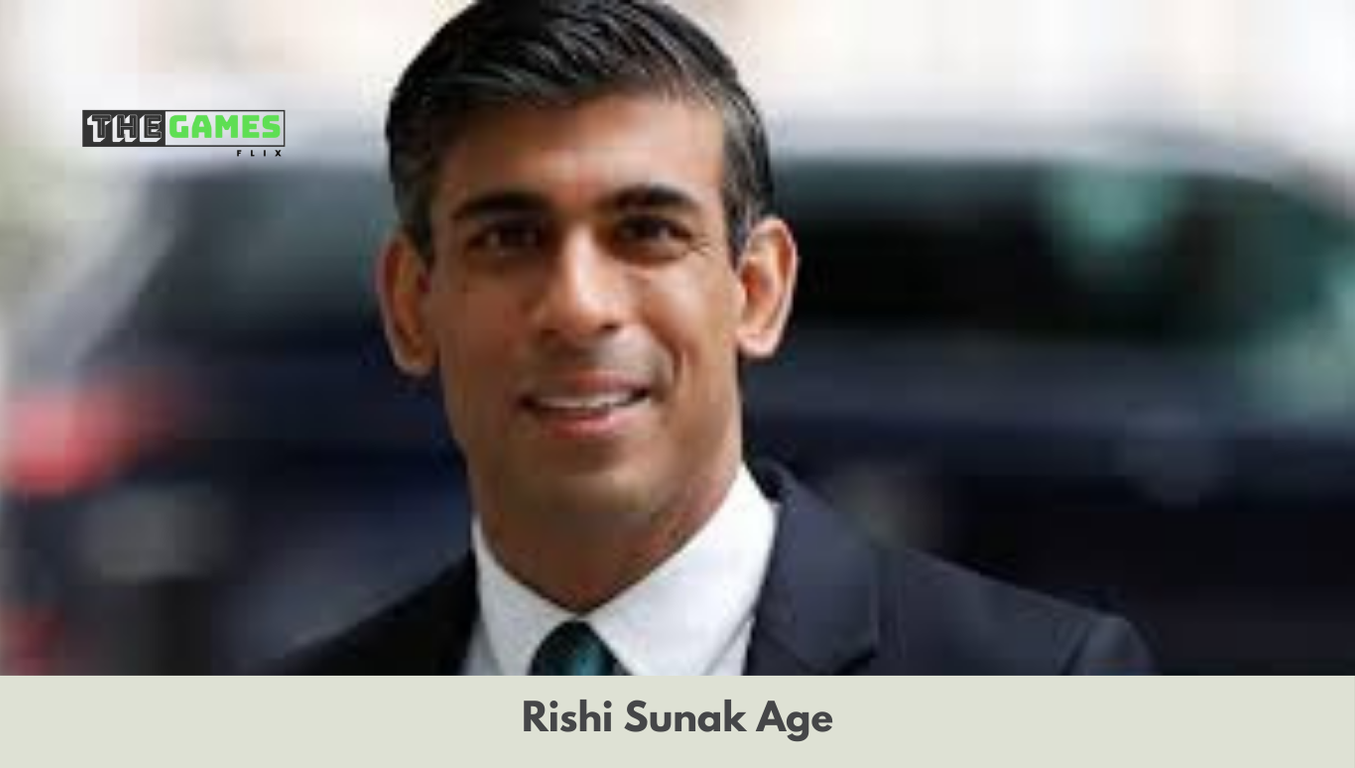Rishi Sunak, born on May 12, 1980, is currently 44 years old. As the Prime Minister of the United Kingdom, he has achieved significant milestones at a relatively young age. Sunak’s rapid ascent in British politics, from serving as Chancellor of the Exchequer to becoming the leader of the Conservative Party and Prime Minister in October 2022, highlights his political acumen and leadership skills. His tenure has been marked by handling the economic fallout from the COVID-19 pandemic and navigating the challenges of post-Brexit Britain, demonstrating a blend of youthful energy and strategic insight.
Early Life and Education: What Shaped Rishi Sunak’s Early Years?
Rishi Sunak was born into a family with deep immigrant roots. His grandparents emigrated from Punjab, India, to East Africa, where his parents were born—his father in Kenya and his mother in Tanzania. They later moved to Southampton, England, in the 1960s, where they met and married. Sunak’s father worked as a general practitioner for the National Health Service, and his mother owned a small pharmacy. This background instilled in Sunak the values of hard work and dedication.
Sunak’s parents’ sacrifices allowed him to attend Winchester College, an exclusive private school. He excelled academically and became “head boy” while also editing the school newspaper. He spent his summer vacations working at a Southampton Indian restaurant. Sunak later attended Lincoln College, Oxford, where he studied philosophy, politics, and economics (PPE). At Oxford, he served as president of the Oxford Trading & Investment Society and interned at the Conservative Party headquarters.
Professional Career: How Did Rishi Sunak Transition from Finance to Politics?
After graduating from Oxford in 2001, Sunak began his career as an analyst for Goldman Sachs. He worked there until 2004 before pursuing an MBA at Stanford University as a Fulbright scholar. At Stanford, he met his future wife, Akshata Murthy, the daughter of Indian billionaire Narayana Murthy. Returning to the UK in 2006, Sunak worked for The Children’s Investment Fund Management, becoming a partner within two years. He later joined another hedge fund, Theleme Partners, in 2009, the same year he married Akshata Murthy.
Sunak’s success in business, coupled with his wife’s significant stake in Infosys, contributed to their considerable fortune. This financial stability enabled Sunak to transition into politics. In 2010, he began working for the Conservative Party and became involved with Policy Exchange, a leading Conservative think tank. By 2014, he was the Conservative candidate for the safe seat of Richmond in North Yorkshire, previously held by William Hague.
Political Career: What Were Sunak’s Key Political Roles Before Becoming Prime Minister?
Rishi Sunak was elected to the House of Commons in May 2015, quickly establishing himself as a Euroskeptic and a supporter of Brexit. He served on the Environment, Food and Rural Affairs Select Committee and later became parliamentary private secretary at the Department for Business, Energy and Industrial Strategy. In January 2018, Sunak was appointed as undersecretary of state at the Ministry of Housing, Communities and Local Government.
Sunak’s loyalty to Boris Johnson during his bid for Conservative leadership paid off when Johnson became Prime Minister. Sunak was appointed chief secretary to the Treasury in July 2019. When Sajid Javid resigned as Chancellor of the Exchequer in February 2020, Sunak was promoted to the position, becoming one of the youngest ever to hold the office.
COVID-19 Pandemic: How Did Rishi Sunak Handle the Economic Crisis?
As Chancellor, Sunak faced the unprecedented challenge of the COVID-19 pandemic. He introduced a broad economic-support program, dedicating £330 billion ($400 billion) in emergency funds to businesses and salary subsidies for workers. His “Eat Out to Help Out” scheme aimed at supporting the hospitality sector, though it later faced criticism for potentially contributing to a spike in COVID-19 cases.
Sunak’s handling of the economic fallout from the pandemic was widely praised, and he became a prominent face of the government’s response. However, his reputation took a hit in April 2022 due to controversies surrounding his wife’s tax status and his retention of a U.S. green card until 2021. Despite these challenges, Sunak’s financial acumen and composed public persona remained assets in his political career.
Path to Prime Minister: How Did Rishi Sunak Rise to the Top?
Rishi Sunak’s rise to the premiership was marked by his resignation from the cabinet in July 2022, alongside Health Secretary Sajid Javid, which contributed to Boris Johnson’s resignation. Sunak announced his candidacy for Conservative Party leadership and, after a series of votes, emerged as one of the final two candidates alongside Liz Truss. Although he lost to Truss, her brief and tumultuous tenure led to another leadership contest.
In October 2022, following Truss’s resignation, Sunak secured enough support from Conservative MPs to become the sole remaining candidate and was confirmed as party leader and Prime Minister. He took office amidst significant economic challenges and declining party popularity, working to stabilize the situation.
Premiership: What Has Rishi Sunak Achieved as Prime Minister?
As Prime Minister, Sunak focused on addressing the economic turmoil caused by Truss’s policies. His tenure saw the passage of the Windsor Framework in March 2023, a post-Brexit deal regulating trade between Northern Ireland and the rest of the UK and EU. Despite facing internal party dissent and a challenging political landscape, Sunak managed to pass critical legislation and maintain some stability.
In November 2023, Sunak reshuffled his cabinet, including the controversial appointment of former Prime Minister David Cameron as Foreign Secretary. This move aimed to bring experienced leadership back into the government but also highlighted the difficulties in reviving Conservative fortunes.
Conclusion: What is Rishi Sunak’s Legacy?
Rishi Sunak’s journey from a financial analyst to the Prime Minister of the United Kingdom is a testament to his resilience and strategic acumen. His leadership during the COVID-19 pandemic and subsequent economic challenges showcased his capability to navigate complex crises. As he continues to lead the UK, Sunak’s legacy will be shaped by his ability to balance economic recovery with political stability, aiming to restore confidence in Conservative governance.











